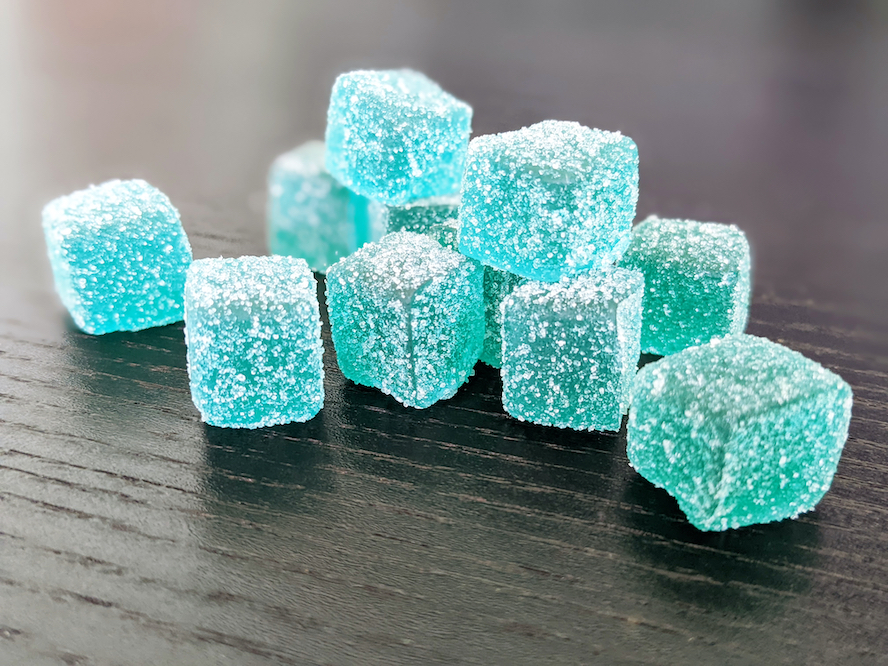
Especially when it comes to drugs that are based on cannabinoids, edible dosage forms have become an important part of therapy plans. People can now get their medicines in new ways: edibles. These are different types of food that have healing chemicals added to them.
Both doctors and patients need to know about edible dosage because it can change how well treatment works, how well patients stick to their treatment plans, and how well their health is in general. Read more!
Enhancing Patient Compliance
One of the main purposes of edible dose types in treatment plans is to get patients to follow through with their treatments. Pills, shots, and liquids are common types of medicine that many patients don’t like because they taste bad or are hard to take.
Patients who can consume their medicine are more likely to follow their treatment programs. Beginner edible tips are a popular and pleasant way to consume medication. Kids and long-term sick patients who don’t react well to normal therapies may benefit from this.
Delayed Onset and Prolonged Effects
Foods and drinks don’t change the system in the same way that other medicines do. Before the nutrients can work in the blood, they are broken down in the liver. That is, the results don’t show up right away.
Helpful for people who need it for a long time, like those who are in pain all the time, worry a lot, or have trouble sleeping. If you eat something, your symptoms might not change for a long time. Thus, you won’t need to take as many pills, and your sickness is less likely to come back.
Dosing Flexibility
You should be able to pick how much to drink. Candy of different shapes and sizes can help doctors tailor their care to each patient’s needs.
Because each safe edible consumption is distinct, limitations may vary. In improving areas, customization helps. Customers should be aware that store-bought items may not be what they seem, even if they work due to medicines.
Addressing Specific Patient Needs
Some patients, especially those who have specific food needs or limits, can have their doses made to fit their lifestyle. There may be vegan or gluten-free options, for example, which makes it easier for people with allergies or food restrictions to take their medicine without any problems. This thought makes it more likely that the patients will take the medicines as prescribed.
Education and Risk Management
Even though sweets are healthy, doctors must teach patients how to utilize them. They should realize that the effects don’t come immediately, that starting with minimal dosages is vital, and that each individual should know how much medicine they can manage.
Such education can help mitigate risks associated with overconsumption, which can occur if patients misinterpret the delayed effects and consume more than needed. Edibles can provide a relaxing experience, but they can kick back unexpectedly if not used with caution.
Savoring Health: The Transformative Role of Edible Dosage in Modern Medicine
Edible dosage types play a variety of roles in therapeutic treatment plans, including patient cooperation, long-lasting ease, and individual dosing. By understanding the special features of foods and carefully incorporating them into treatment plans, doctors can help their patients do better and have a better healing experience.
As more study and development is done in this area, edibles are likely to play a bigger role in modern medicine, giving people fun and effective ways to deal with their health problems.
Does this article help you? Explore our website to find more helpful and fun stories that could help you.






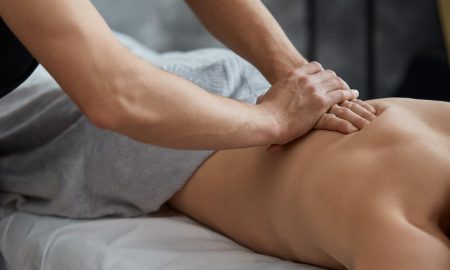
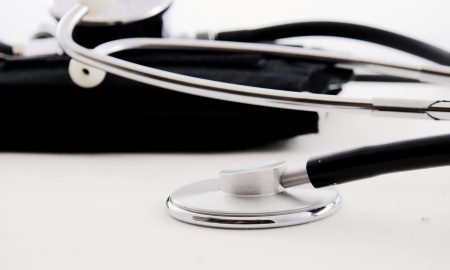

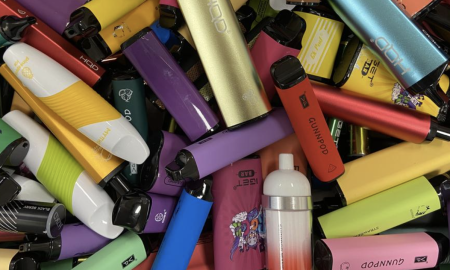
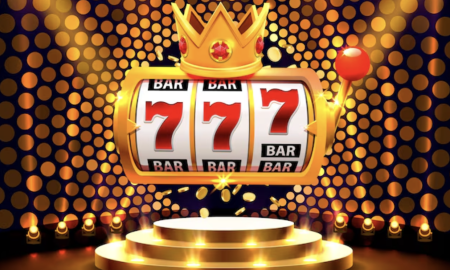

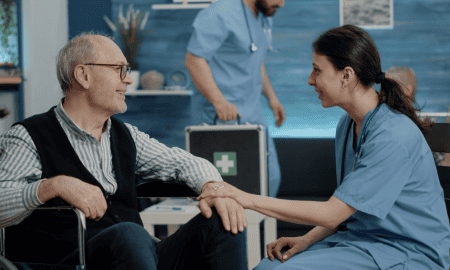





Follow Us